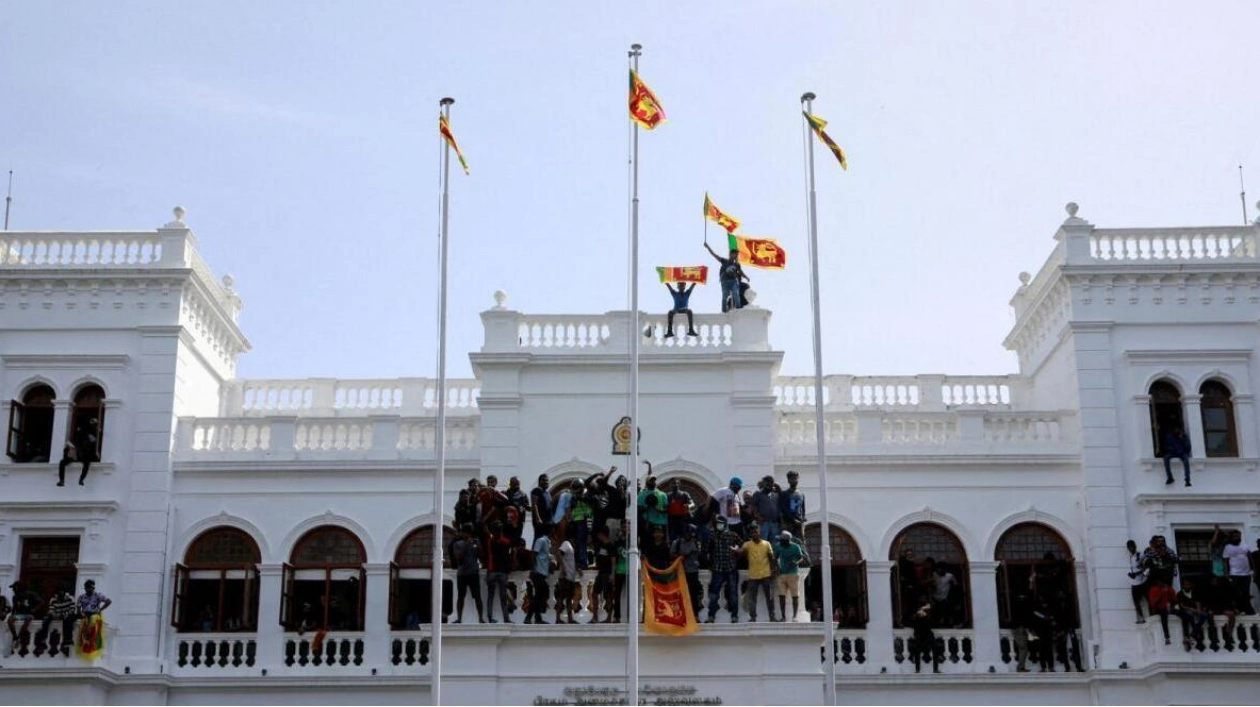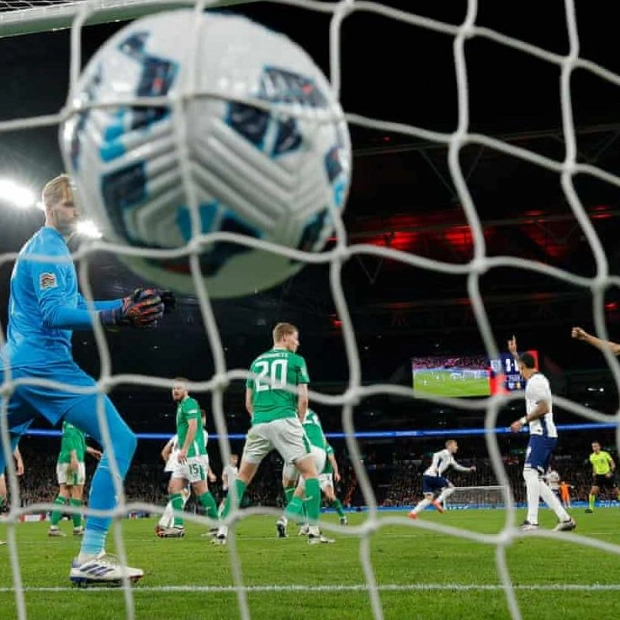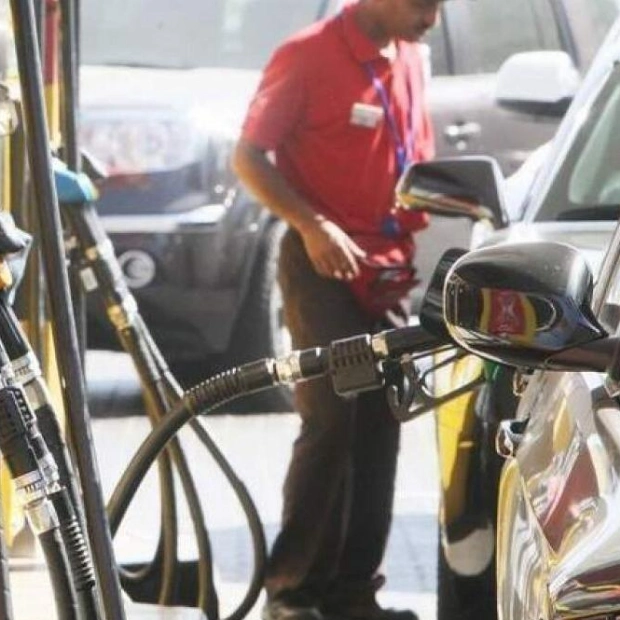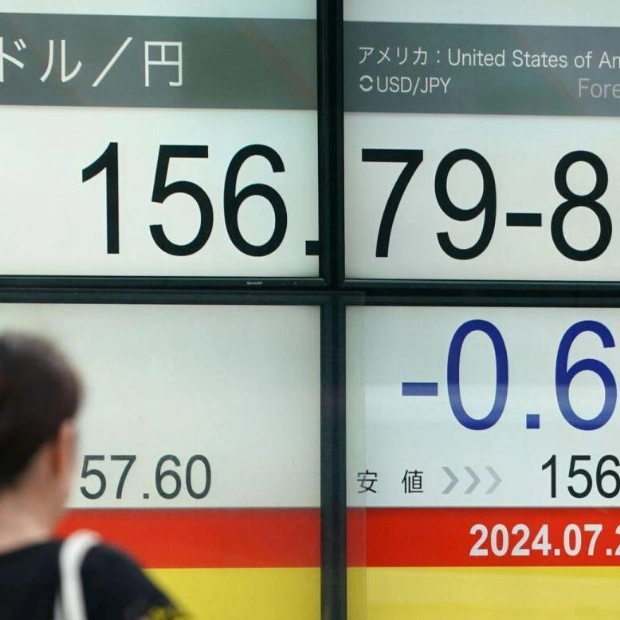Just over two years since Sri Lanka's 'Aragalaya' uprising that ousted the nation's president, the movement that ignited the mass struggle is now rallying behind Anura Kumara Dissanayake to lead the fight against corruption and revitalize the shattered economy. Marxist-leaning Dissanayake, popularly known as AKD, is set to contest for the presidency as Sri Lankans prepare to vote on Saturday, hoping to harness the widespread discontent that fueled the 2022 protests and led to the downfall of former president Gotabaya Rajapaksa.
Rajapaksa, who many held responsible for the economic collapse that resulted in severe shortages of essentials like fuel and medicine, was seen as a symbol of a corrupt political class disconnected from reality and the needs of the masses. This paved the way for Dissanayake, whose political standing has surged dramatically in the two years since the economic crisis, as his National People’s Power alliance vowed to bring about the change that the Aragalaya — a Sinhala term for 'struggle' — movement had demanded.
The Sri Lanka Opinion Tracker Survey by the Institute for Health Policy (IHP) indicates Dissanayake leading in voting preferences at 36 per cent, followed by opposition leader Sajith Premadasa of the Samagi Jana Balawegaya (SJB) party at 32 per cent, while President Ranil Wickremesinghe trails with 28 per cent. Voters are expected to cast their ballots, setting aside traditional political affiliations, and focusing more on the issues that triggered the economic meltdown and subsequently the Aragalaya movement, according to Dhananath Fernando, an economist at Colombo-based think tank Advocata Institute.
"AKD is appealing to those who see the crisis as a consequence of corruption, and they view this election as a unique opportunity to overhaul the system," said Fernando. "It's a chance to cast a protest vote against previous leaders." Dissanayake, renowned for his ability to deliver compelling speeches in eloquent Sinhala, declared that he is ready to serve Sri Lankans, calling the election a "perfect opportunity" for them to leave behind the pain and suffering of the crisis.
"Now that the victorious moment is finally here, we should work together to ensure it is not lost," he said at a recent rally in Thambuttegama, a predominantly farming community about 180 kilometers from Colombo. Parliament elected Wickremesinghe after Rajapaksa was forced to flee the country during the peak of the 2022 protests and later resigned. Wickremesinghe has overseen a precarious recovery, supported by a $2.9 billion International Monetary Fund (IMF) bailout program and a $25 billion debt restructuring process.
The 2022 economic crash pushed inflation to 70 per cent, power tariffs surged 65 per cent, and the currency depreciated 45 per cent. Inflation and interest rates have since dropped to single digits, with growth of three per cent expected in 2024, marking the first expansion since the economy contracted 7.3 per cent during the crisis. For Melani Gunathilaka, 37, a climate and political activist who camped with friends during Aragalaya at the protest site near the president's office, the recovery has come at the cost of economic hardship, driving people to seek political change.
"I don't think anyone believes it will solve all issues, but at least there should be leaders who are not indifferent to people," Gunathilaka said, referring to Saturday's vote. "We are going through an austerity scheme... burdening working people with debt while businesses and banks thrive, and I think people are expecting a change to that." To be sure, Dissanayake's plans in his manifesto to revise a key debt restructuring program at the core of the IMF bailout and his pledge to cut taxes, which could impact fiscal targets set under it, have raised concerns about his economic policies.
However, during campaign speeches, he has adopted a more conciliatory approach, assuring that any changes will be made in consultation with the IMF and that he is committed to ensuring debt repayment. Dissanayake is not the only one championing the Aragalaya’s goal for political change. Lawyer-activist Nuwan Bopage, 40, is contesting as a proponent of Leftist policies but is not seen as a frontrunner.
"Winning or losing is a different matter. None of these parties have any solution to this crisis. Whoever wins, the people will lose," said Bopage. Bopage advocates for Colombo to divest from the IMF program, reduce taxes, and support stronger state intervention. "Our polling indicates that overwhelming majorities have a favorable view of Aragalaya and believe that the poor-rich gap has been widening and that this is detrimental," said IHP executive director Ravi Rannan-Eliya.
For Dissanayake, securing victory this weekend will only mark the halfway point, as his party holds just three seats in the 225-member house. Nonetheless, he could be emboldened to call for an early parliamentary election on the back of an Aragalaya-inspired quest for change. "AKD does not claim to be the direct legacy of the Aragalaya, but he is the main beneficiary of it because he comes from the non-elites and the public are fed up with the traditional political elites," said Jayadeva Uyangoda, a political scientist.






